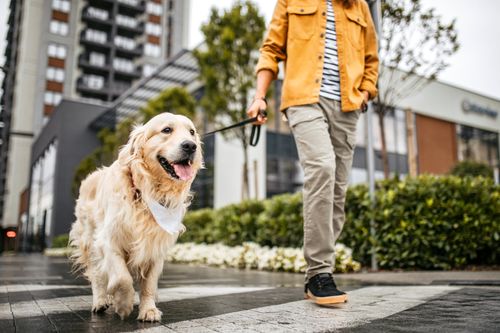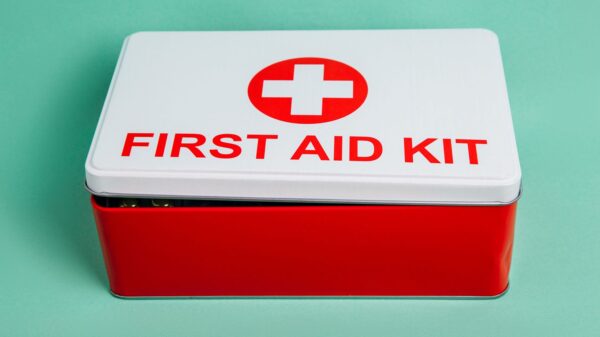
What Human Habits are Also Good for Dogs? Here’s What You Should Know

Our dogs are like family members, and just like us, they benefit from healthy habits that keep them feeling their best. Whether it’s taking care of their teeth, watching what they eat, or staying active, the routines we build for ourselves can often be extended to our pets, creating a healthier life for everyone involved. So, what human habits are great for dogs too? Let’s dive into some essential ones that will have both you and your furry friend thriving.
Do You Brush Your Dog’s Teeth as Often as You Brush Yours?
Many pet owners might not realize that just like us, dogs need regular dental care. But according to a recent article, fewer than 10% of British dog owners actually brush their dogs’ teeth daily, which could lead to serious dental problems down the line. If you brush your dog’s teeth regularly, you’re already doing them a huge favor by preventing tooth decay, bad breath, and gum disease.
Dogs don’t naturally have the ability to clean their teeth, so it’s up to us as owners to step in. Brushing your dog’s teeth can feel overwhelming at first, but it quickly becomes a regular part of their routine—and yours. Not only will it keep their mouths clean, but it also helps prevent other health issues that can come up from poor dental hygiene, such as infections or heart problems. So, next time you grab your toothbrush, don’t forget to show your dog’s dental health some love too.
Are You Feeding Your Dog the Best Human Foods for Dogs?
One of the most important ways we can support our pets is by ensuring their diet mirrors the healthy choices we make for ourselves. According to pet nutrition experts, many healthy human foods are also good for dogs, but it’s crucial to know which ones to share. Feeding your dog well is as important as feeding yourself well. Incorporating the best human foods for dogs into their diet—such as lean meats, certain fruits, and vegetables—can provide essential nutrients that promote their well-being.
However, what’s healthy for us isn’t always safe for them. For example, avocados and chocolate are common human foods that are dangerous for dogs. On the other hand, carrots, apples, and plain chicken can be excellent treats that contribute to a well-balanced diet. Your dog deserves wholesome, nutrient-rich food, just like you do. By paying attention to what goes into their bowl, you’re helping them live a healthier, longer life. Just as we aim for balanced meals that provide the right vitamins and minerals, the same should apply to our furry friends.
Do You Prioritize Daily Exercise and Mental Stimulation?
You’ve likely heard the saying that “a tired dog is a happy dog,” and it’s true. One of the most beneficial habits we can pass on to our pets is daily exercise. For humans, regular physical activity helps reduce stress, boost energy levels, and improve overall health—and the same goes for dogs. When we include our dogs in our exercise routines, whether through a brisk walk, run, or game of fetch, we’re helping them burn off energy and stay mentally sharp.
Mental stimulation is equally important. Dogs are intelligent creatures, and without proper mental engagement, they can become bored, anxious, or even destructive. Activities like puzzle toys, hide-and-seek games, or agility courses not only keep your dog entertained but also sharpen their cognitive abilities. It’s a win-win situation when your fitness goals align with theirs. By committing to daily exercise and mental challenges for your dog, you’re fostering a more balanced and calm pet who’s better equipped to handle day-to-day life.
Do You Have a Consistent Sleep Schedule?
Just as humans thrive on a consistent sleep schedule, dogs benefit from regular rest and relaxation, too. It may come as no surprise that your dog often mimics your sleep patterns. If you’re consistent with bedtime and waking up around the same time every day, your dog is more likely to develop healthy sleep habits as well. A stable sleep routine helps dogs maintain their energy levels, reduce stress, and even improve their mood—much like it does for us.
Dogs sleep for different durations based on their age, breed, and activity level, but they generally need between 12 to 14 hours of sleep a day. By ensuring you get your recommended rest, you also create a better environment where your dog feels calm and safe enough to relax. Try to avoid disruptions to their sleep, such as loud noises or inconsistent schedules, and you’ll both wake up refreshed and ready to tackle the day.















































